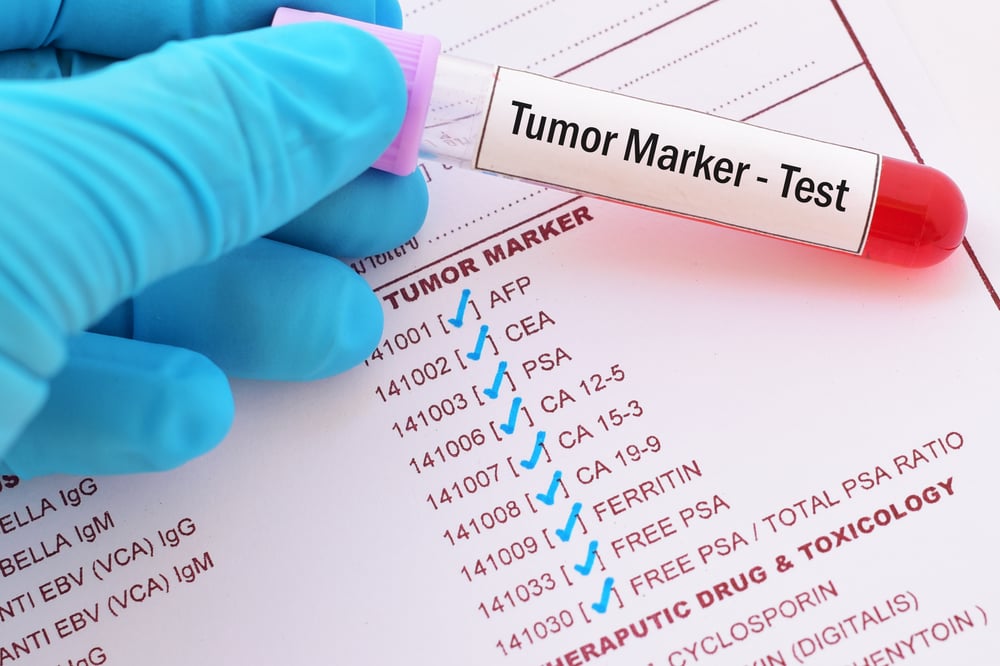Cancer is characterized by the development of abnormal cells that divide uncontrollably and have the ability to infiltrate and destroy normal body tissue. Cancer takes on many different forms in the body and the cause of its arrival is not always clear. Although there is no specific cure, treatment options are generally available, depending on the type of cancer presented, including external radiation therapy, chemotherapy, targeted therapy, laser therapy, and surgery.
Donor requirements for participation:
- You must be clinically diagnosed by a medical professional. Confirmation of the diagnosis and/or treatment must be verified with your physician.
- Be pre-screened to determine eligibility.
- You’re willing to donate plasma through the apheresis process.
- You must have a photo ID and be able to provide your social security number or proof of citizenship.
- You must be at least 18 years old.
- You must weight at least 110 lbs.
- You must disclose if you have ever been diagnosed with Hepatitis C and/or HIV.
For questions and concerns about requirements or participation, contact us at (833) GO-4-CURE.
Non-Small Cell Lung Cancer
Non-small cell lung cancer is a disease in which malignant (cancer) cells form in the tissues of the lung. There are several types of non-small cell lung cancer, which are named for the types of cells found in the cancer and how it looks under a microscope.
Signs of non-small cell lung cancer include a cough that doesn’t go away and shortness of breath. Smoking increases the risk of non-small cell lung cancer.
Small Cell Lung Cancer
Small cell lung cancer is a disease in which malignant (cancer) cells form in the tissue of the lung in the small cells of the lung lobes resulting in small cell carcinoma (oat cell cancer) and combined small cell carcinoma.
Signs of small cell lung cancer include coughing, shortness of breath, and chest pain. Small cell lung cancer occurs almost exclusively in heavy smokers and is less common than non-small cell lung cancer.
Colon Cancer
Colon cancer is cancer of the large intestine (colon), the lower part of your digestive system. Most cases of colon cancer begin as small, noncancerous (benign) clumps of cells called adenomatous polyps. Over time some of these polyps become colon cancers.
Signs of colon cancer include changes in bowel habits, rectal bleeding, and persistent abdominal discomfort.
Pancreatic Cancer
Pancreatic cancer begins in the tissues of your pancreas — an organ in your abdomen that lies horizontally behind the lower part of your stomach. Pancreatic cancer often has a poor prognosis, even when diagnosed early. Pancreatic cancer typically spreads rapidly and is seldom detected in its early stages, which is a major reason why it’s a leading cause of cancer death.
Signs of pancreatic cancer include upper abdominal pain that may radiate to your back, yellowing of your skin and the whites of your eyes (jaundice), loss of appetite, weight loss, depression, and blood clots.
Liver Cancer
Liver cancer is cancer that begins in the cells of your liver. The most common form of liver cancer is hepatocellular carcinoma, which begins in the main type of liver cell (hepatocyte). Other types of cells in the liver can develop cancer, but these are much less common.
Signs of liver cancer include losing weight without trying, loss of appetite, upper abdominal pain, nausea and vomiting, general weakness and fatigue, abdominal swelling, jaundice, and white, chalky stools.
Breast Cancer
Breast cancer is cancer that forms in the cells of the breasts. After skin cancer, breast cancer is the most common cancer diagnosed in women in the United States. Doctors know that breast cancer occurs when some breast cells begin growing abnormally. These cells divide more rapidly than healthy cells do and continue to accumulate, forming a lump or mass. The cells may spread (metastasize) through your breast to your lymph nodes or to other parts of your body.
Signs of breast cancer include breast lumps or thickening that feels different from the surrounding tissue, bloody discharge from the nipple, change in the size, shape or appearance of a breast, changes to the skin over the breast, such as dimpling, a newly inverted nipple, peeling, scaling or flaking of the pigmented area of skin surrounding the nipple (areola) or breast skin, and redness or pitting of the skin over your breast, like the skin of an orange.
Stomach Cancer
Stomach cancer, almost referred to as gastric cancer, is cancer that forms in the stomach. These two terms most often refer to stomach cancer that begins in the mucus-producing cells on the inside lining of the stomach (adenocarcinoma). Adenocarcinoma is the most common type of stomach cancer.
Signs of stomach cancer include fatigue, feeling bloated after eating, feeling full after eating small amounts of food, heartburn that is severe and persistent, indigestion that is severe and unrelenting, nausea that is persistent and unexplained, stomach pain, vomiting that is persistent, and weight loss that is unintentional.
This information is not meant for clinical diagnosis, but as an educational resource derived from Mayo Clinic.
Living with a chronic illness can pose great challenges to your daily activity. Being proactive with treatment and donating to research can be a beneficial addition to your routine management. Discovering that you have a disease can be overwhelming with many unanswered questions and concerns. One that may come to mind is “how can I help someone else that may go the same process and struggles that I have experienced?” You can help by becoming a Specialty Antibody donor!
Participating in research allows scientists and clinicians find new treatments, tests and quicker diagnostic methods to improve patient outcomes and, hopefully, prevent the disease in the future.


DO NOT SELL OR SHARE MY INFORMATION
M-Th: 7 AM - 3 PM
F: 8:30 AM - 10:30AM
M-F: 7:30 AM - 3:30 PM
Programs:
Bone Marrow, Whole Blood, White Blood Cells
M-F: 6:00 AM - 12:00PM
Programs:
Whole Blood, White Blood Cells
M-Th: 7 AM - 3 PM
F: 7 AM - 12 PM
Programs:
Whole Blood
M-Th: 8:30 AM - 3 PM
F: 8:30 AM - 12 PM
Programs:
Whole Blood, Plasmapheresis
M-Th: 7 AM - 3 PM
F: 8:30 AM - 1:00 PM
Programs:
Whole Blood, Plasmapheresis, White Blood Cells